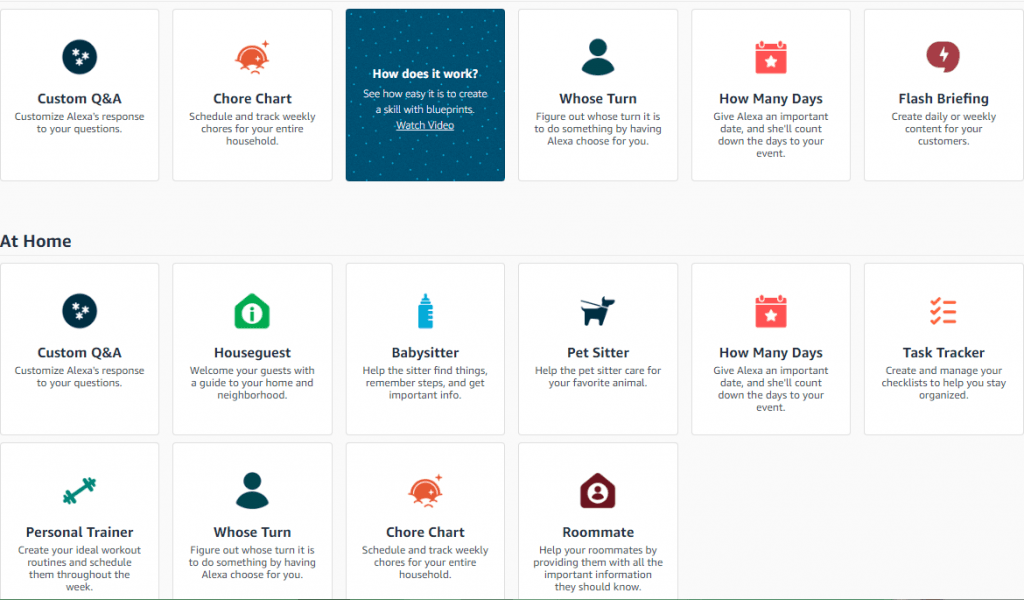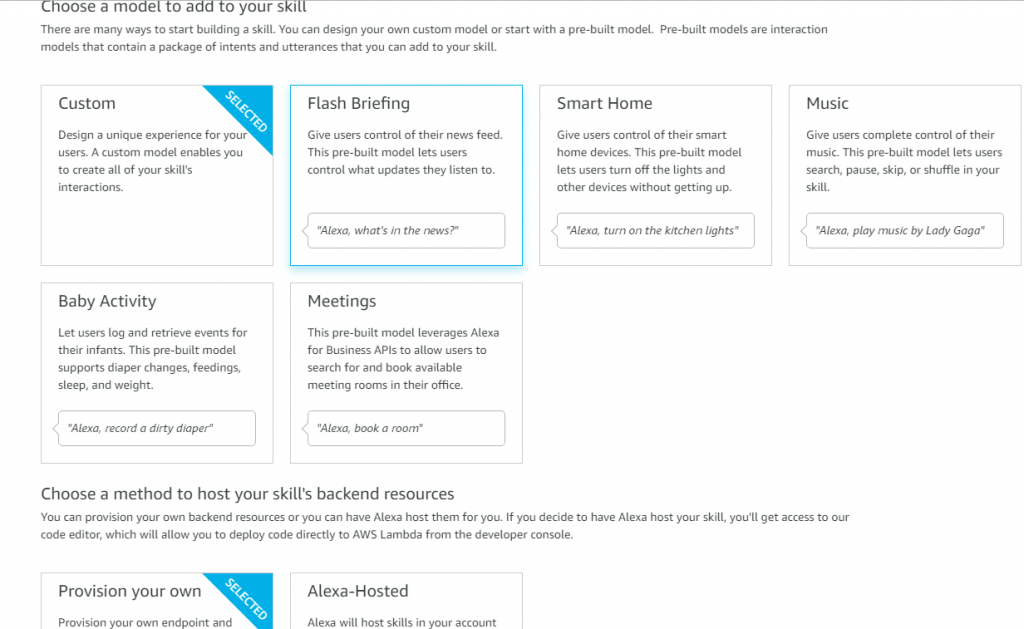Development of Alexa Skills Kit for 12min App
4 min read ⌚
Marc Kuban – an American businessman, investor, and billionaire on one occasion implied: There’s no future that doesn’t have ambient computing voice or activation.
Was he talking about Alexa?
Not particularly, but it’s clear as to why developing voice assistant skills could be regarded as a thing of the future.
In this article, we’re going to cover why 12min went the extra mile and decided to implement Alexa and its features.
Let’s dig in:
The Rise of Voice Search Technology
Unlike most other Brands and companies that would rather hire an agency to do the dirty work, 12min decided to launch the development of Alexa Skills Kit and seize upon the set of built-in capabilities provided by Amazon.
What this does, is help you to code a new Alexa experience relevant to your customer or user base.
If you are new to all this, allow us to lift the veil on the Alexa magic.
The Alexa Skills Kit (ASK) is nothing other than a collection of APIs, coding samples, and various tools that facilitate the process of expanding your Alexa Kit service. Addressing the problems of your customers, through Alexa-enabled devices could lead to higher engagement and profits.
But that’s not what this is all about. It might also be construed as a response to the frantic pace we are currently stuck in.
Then, people with access to your software could ask for guidance from Alexa as in the example below:
– Alexa, show me the Microbook of the day
Alexa is instructed to assist and provide you with the service that you’ve requested.
In 2018, Alexa reached new heights with the development of a New Console that you can use to test your Alexa Skills kit.
You have to understand that the Alexa Skills Kit resembles a selection of voice apps that respond to commands. On your Amazon Echo devices, you can new skills, enable some, disable them, and even ask for recommendations.
Businesses have unique benefits from developing their Alexa Kit pool, but they all revolve around the idea of improving customer experience.
First of all, what are the benefits of putting Alexa to use?
From a business perspective, you can expect the following:
- Expand your target reach (millions and millions of customers are using voice-listening devices, and the number is rapidly increasing)
- Improve user experience (instead of typing, your users can capitalize on the advanced technology that allows them to use their voices in order to fulfill their needs).
- Get in touch with your customers (thousands of developers have already materialized on the Alexa Skills Kit ASK to deliver a comprehensive experience)
Now, how to build it?
There are three paths you are allowed to take when developing your ASK:
- Code it Yourself (Using your APIs)
- Fill in a Blueprint Template (designed by Alexa Team)
- Outsource the work (hire an agency or a freelancer)
The quickest and easiest way to do it, especially if you lack the coding prowess, is to use the blueprint templates already in place.
Head over to https://blueprints.amazon.com
Sign up, and start your quest.
Once there, you’ll be given a list of choices:

Pick a template that is associated with a theme that you would like to exploit.
Next, you’ll land on a page where you can see the benefits of expanding your ASK and how to maximize the positive experience.

Click on “Make Your Own” and start filling in the template with data.
You can put all sorts of things such as your babysitter’s name, your name, your baby’s name – what time do you usually wake up…
The whole idea revolves around one very simple concept – to customize the descriptions according to your needs.
Once you’ve created the experience, give it a name, and the skill will be automatically connected to all the devices associated with your Amazon Account.
Why build one?
Of course, you can use other methods to create your first Alexa experience, but the question still stands – Why is it necessary to have this new amazing voice interface?
The goal behind is to make everyday skills much faster and more convenient.
Think about it; it’s like having a partner-in-crime – hypothetically speaking.
You can incentivize your users to look for answers, challenge them with puzzles or games, provide audio support, and more.
The type of skill you would like to create has to be brought into line with your overall needs and plans.
For example: if you like your users to access some of the App’s features more quickly, then you would have to log in to Alexa Developer Console where you need to click on the box that says “Create Skill.”
Next up, you are entitled to choose a model that will serve as the foundation for your new Alexa Skills Kit.

Once you select your model, it’s time to get to start gauging your prowess.
Meanwhile, you can choose a template, or start from scratch, as we mentioned early on – it all depends on your readiness and whether you are tech-savvy.
Afterward, you can start the build-up.
Many of you would like to know more about Alexa’s Kit Capabilities.
The ASR (Automatic Speech Recognition) deduces the speaker’s meaning with the help of NLU (Natural Language Understanding) making this whole thing possible.
Alexa Skills Kit also provides you with the opportunity to fully utilize the Native and Custom Voice Interfaces.
Furthermore, integrating the Text to Speech API enhances the Alexa Skills Kit by enabling the conversion of text inputs into natural-sounding speech, creating a more immersive user experience.
How to do it?
First and foremost, in order to delineate the voice interface, you must map out the speaker’s input that is in line with the cloud-based level of proficiency that your service has in store.
Alexa Skills Kit helps us understand this procedure by telling us which inputs should be regarded as primary:
- Intents: An intent is an action triggered by uttered words. They can sometimes be called slots and are placed in a JSON structure.
- Sample utterances: A bunch of phrases that are associated or mapped to the intents.
- Custom slot types: Like a blueprint containing possibilities and values for each slot.
- Dialog model (optional): A scheme that outlines the steps required for a user to fulfill its intent.
As you might have noticed, it is not that hard to understand the voice interface that is fueling the Alexa Skills Kit.
For more information, please make sure to check out the Alexa Skills Kit Webpage.
Emir is the Head of Marketing at 12min. In his spare time, he loves to meditate and play soccer.






